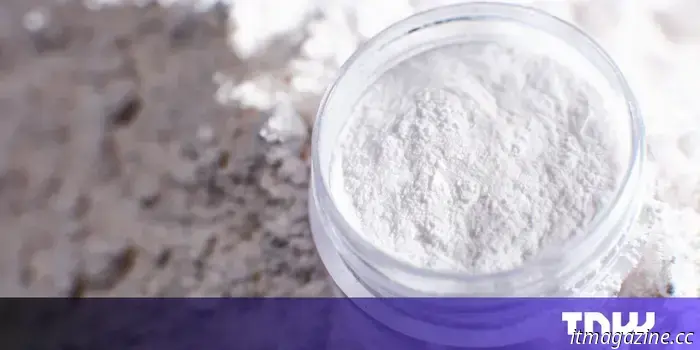
Danish biotechnology company Cellugy aims to substitute microplastics in cosmetic products.
Danish biotech company Cellugy has secured €8.1 million in EU funding to enhance the production of a biodegradable material intended to replace microplastics in cosmetics. The grant, provided through the EU’s LIFE Programme for environmental initiatives, will assist in the commercialization of EcoFLEXY, a cellulose-derived material for personal care products like creams, gels, and toothpaste.
Cellugy asserts that EcoFLEXY is the first material of its type to rival the performance of fossil-based carbomers, recognized for their ability to provide cosmetics with a smooth, uniform texture and extended shelf life. At present, carbomers prevail in the global cosmetics industry despite concerns regarding microplastic pollution and potential health risks.
“An alternative material that merely aims for greater sustainability falls short,” stated Dr. Isabel Alvarez-Martos, CEO and co-founder of Cellugy. “The essential challenge lies in delivering bio-based solutions that genuinely surpass petrochemicals… Good intentions alone will not drive industry transformation.”
Cellugy estimates that its innovation could avert 259 tonnes of microplastic pollution each year, potentially scaling to over 1,200 tonnes by 2034, which it claims would be akin to removing millions of contaminated cosmetic products from circulation annually.
The funding will further facilitate process optimization and environmental validation, in collaboration with the Danish consultancy The Footprint Firm and the Berlin-based AI company Sci2sc, which creates AI agents for biotech firms.
“Our task is to enhance every level of production so that EcoFLEXY can compete not only on environmental grounds but also in terms of cost and performance metrics that are important to manufacturers,” remarked Angelina Lesnikova, CEO of Sci2sc.
With increasing regulatory pressure against microplastics in the EU, Cellugy is positioning itself to fulfill the growing demand for more sustainable materials in the cosmetics industry.
“Within three to five years, we anticipate generating significant revenue while also achieving a measurable environmental impact,” Alvarez-Martos noted.
Other articles
 These sensors "eavesdrop using light" to protect Europe from underwater sabotage.
The system is capable of detecting enemy submarines, drones, and surface ships from a distance of up to 150km — all while keeping its own location concealed.
These sensors "eavesdrop using light" to protect Europe from underwater sabotage.
The system is capable of detecting enemy submarines, drones, and surface ships from a distance of up to 150km — all while keeping its own location concealed.
 Beijing mandates quality inspections for electric vehicles amid efforts to address the price war.
Beijing's alert is the most recent indication of increasing regulatory oversight of the Chinese electric vehicle industry.
Beijing mandates quality inspections for electric vehicles amid efforts to address the price war.
Beijing's alert is the most recent indication of increasing regulatory oversight of the Chinese electric vehicle industry.
 A European night train startup assures sustainable, luxurious travel at the price of airline tickets.
The Berlin-based startup Nox Mobility has launched with ambitious plans to introduce a night train service linking over a dozen European cities.
A European night train startup assures sustainable, luxurious travel at the price of airline tickets.
The Berlin-based startup Nox Mobility has launched with ambitious plans to introduce a night train service linking over a dozen European cities.
Danish biotechnology company Cellugy aims to substitute microplastics in cosmetic products.
Cellugy has secured €8.1 million in funding from the EU to expedite the manufacturing of a biodegradable material intended to substitute microplastics in cosmetic products.
